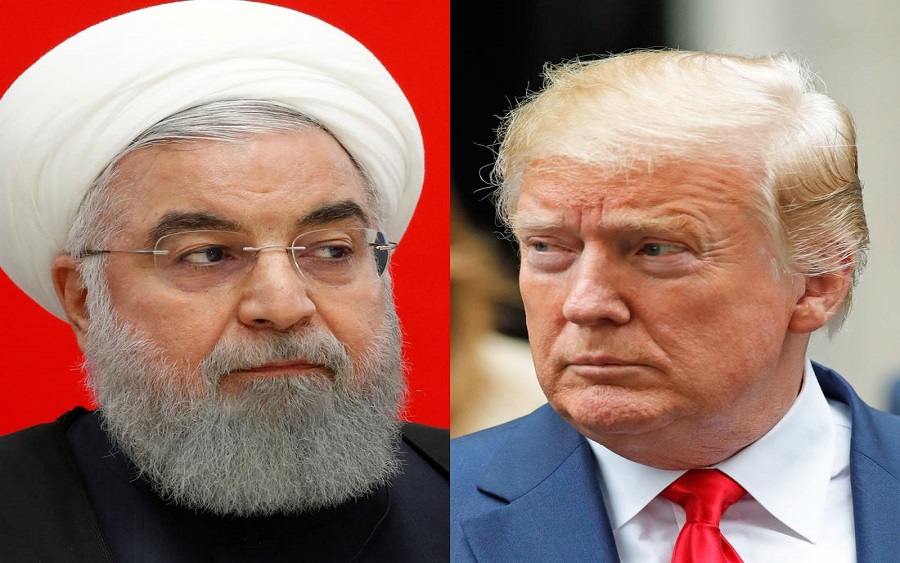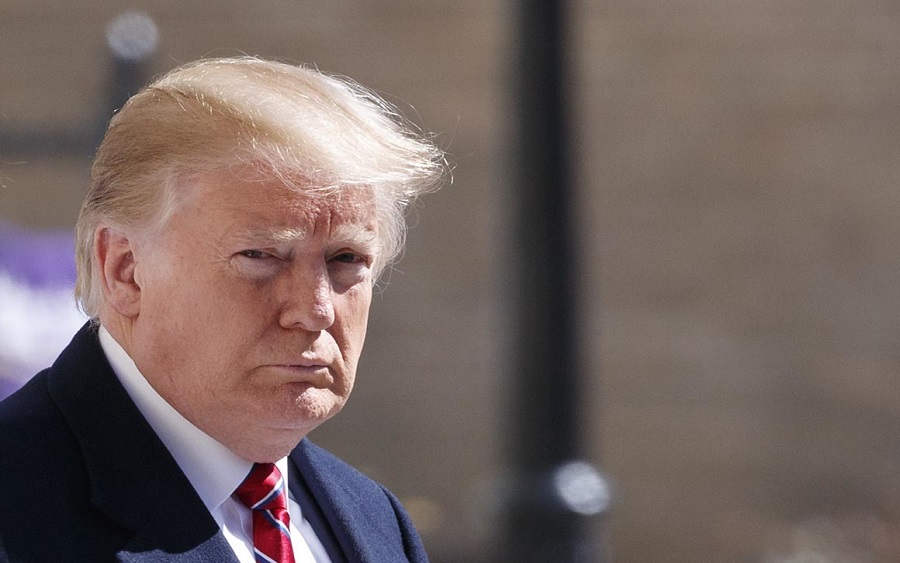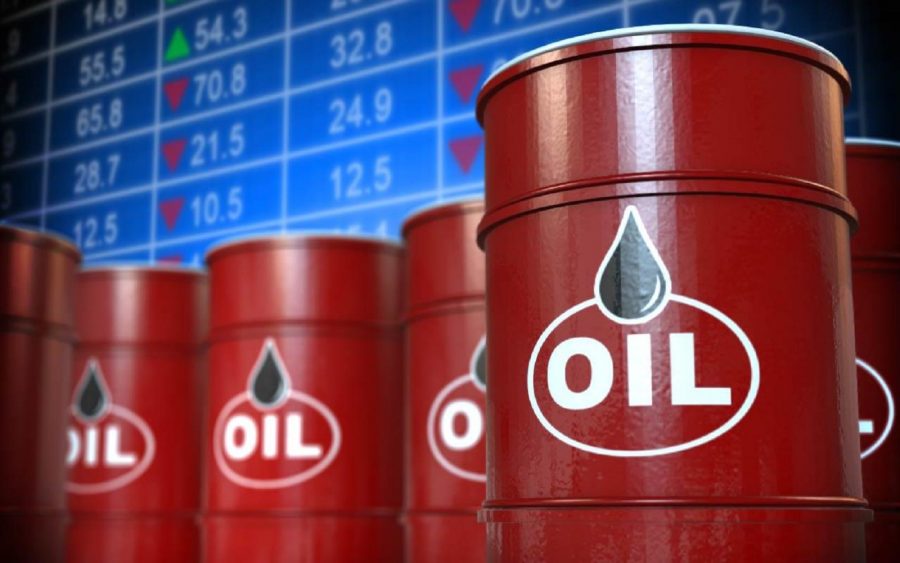It has not really been a pleasant start to the new decade for so many reasons. On the 2nd day of the year, U.S President, Donald J. Trump launched a missile attack that killed Iranian General Qasem Soleimani. The action taken by the United States sparked outrage from Iran, as her citizens expressed their extreme anger about the slain General.
To make matters worse, Iranian supreme leader, Ayatollah Ali Khamenei, called for a revenge attack on America and its allies in response to General Soleimani’s murder.
This call for revenge from Iran finally happened earlier this week, when they fired missiles at two military bases housing U.S and Iraq troops in Iraq.

The stock markets have also been affected by the chaos of the U.S/Iran tensions. Crude oil prices have spiked at alarming rates following the debacle. According to the Nairametrics , Brent Crude oil benchmark went past the $70 mark on Monday, which made it the highest since September, following the attack on the Saudi Arabian oil processing sites. As for West Texas Intermediate, market insider reported that it gained 1.2%, which brought the cost of crude oil production to $63.79 per barrel.
With the whole world on the brink of chaos, there may be a silver lining for oil-producing countries in Africa, such as Nigeria and Angola. As current tensions in the Middle East seem to loom, in addition to the fact that Iran might seek to attack oil industry targets in Saudi Arabia, one of the world’s top oil-producing countries, it might deter several potential investors away due to the uncertainty of the economy within the region.
With the possibility of oil supplies being disrupted in the Middle East, no thanks to the hostile tensions between the U.S and Iran, investors may seek other markets to source crude oil. This is where the likes of Nigeria, Angola, Egypt, Algeria, and Libya come into the picture. All these countries, according to Investopedia, are classified as the biggest crude oil producers on the African continent.
[READ MORE: Global oil prices hit $69.16 after US airstrike)
From a Nigerian context, Investopedia reports that the country has produced more than 2.4 million barrels per day since 2014 and ranked the country as the 13th largest oil producer in the world. The report further states that Nigeria has produced between 2.1 – 2.6 million barrels per day for the last 18 years. These impressive statistics would definitely serve as an eye-catcher to foreign investors, who are desperate to rake in profits.
The influx of foreign investors in Nigeria’s crude oil industry would definitely do the country a whole lot of good. As I stated in the previous article, oil petroleum exports in Nigeria accounted for 86% of export earnings of the federal government. With this value in place, having a vast number of foreign visitors, while also conducting and increasing oil production sales, Nigeria would generate more revenue from the oil sector. This additional revenue could be important in improving infrastructure or any other sector in the Nigerian society.
Now, I am not one to gloat about the positives of two countries going to war; however, Africans must realize that there is a backdoor open for us to improve the oil sector, which still remains of huge importance to the oil-producing African countries.

However, there remain challenges and headwinds across the major African oil-producing countries ranging from insecurity and terrorism in varying degrees, opaqueness in the regulatory environment, corruption and capital control. These issues must be addressed in order to enjoy economic growth.
In regard to the U.S and Iran, I hope that a resolution can be reached for both countries because nobody wants to go to war. It only breeds chaos and anarchy.


















Pls let there be peace.
@wfdjpaul – Thank you for this.